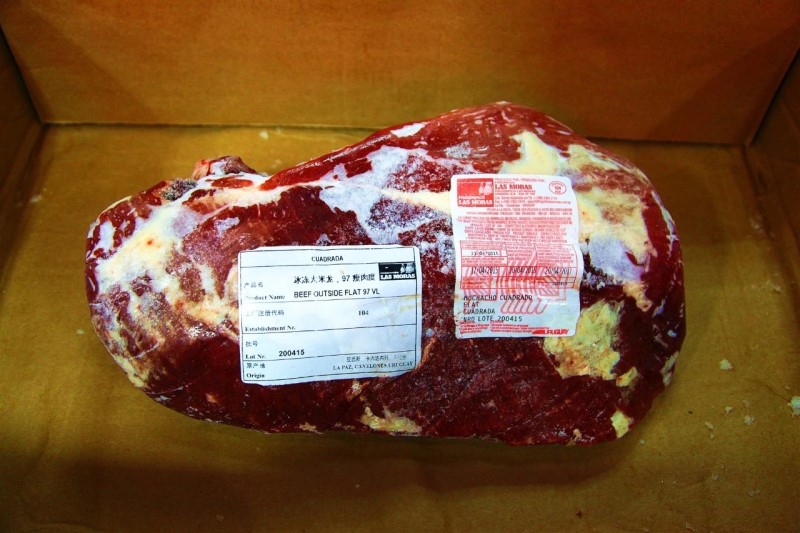Nowadays, young people have a diversified diet and prefer beef to pork. If you are careful enough, you will find a problem. You can have dinner with friends and colleagues outside. There are a lot of meat on the table at the same time, and there is not much left beef. In terms of catering consumption, the demand for beef is growing very fast. If you look at Chaoshan beef hotpot, it's the best proof that it's been in a mess all over the country in the past two years.
At present, China imports beef from Australia, New Zealand, Canada, Argentina, Uruguay, Brazil and the United States. Among them, Australia, New Zealand and Canada import more.
Some people will wonder how the transportation cost of imported beef is so high that it is cheaper than domestic beef?

High cost of domestic breeding
Australia and New Zealand have a lot of natural pastures, abundant water and grass, which can be raised in a large area and in a large scale. The cost of grass feeding cattle is very low. However, in China, the scale of cattle raising is not large enough, and the cost of raising 200 cattle is much higher than that of foreign countries. Even if grain is raised, the domestic cost is higher than that of foreign countries, because China's agricultural cost is high, and corn, soybeans and other grains should be imported from foreign countries.
Transportation cost < br / >
The cost of beef transportation from Xinjiang Inner Mongolia to Guangdong Pearl River Delta is even higher than that from Australia by sea. As you know, the transportation cost in China is the highest in the world.
Sales channel problems < br / >
The beef retail in traditional food market is mainly domestic beef. Now, the high rent of the stalls in many urban food markets is very outrageous. At last, it is passed on to the consumers, which is why the price of the dishes in the market is more expensive than that in the supermarket. Imported beef is the general distribution of traders, and there are many channels to enter the supermarket and the Internet Mall.
Import tariff < br / >
Since the signing of the China Australia Free Trade Agreement, zero tariff has been achieved for agricultural products, and the tariff for some beef products has been gradually reduced to zero tariff, greatly reducing the cost of imported beef.
Chengdu haiyunda's focus: purchase high quality imported beef products for Chinese people!
Chengdu haiyunda's original intention: to purchase preferential imported beef products for Chinese people!

